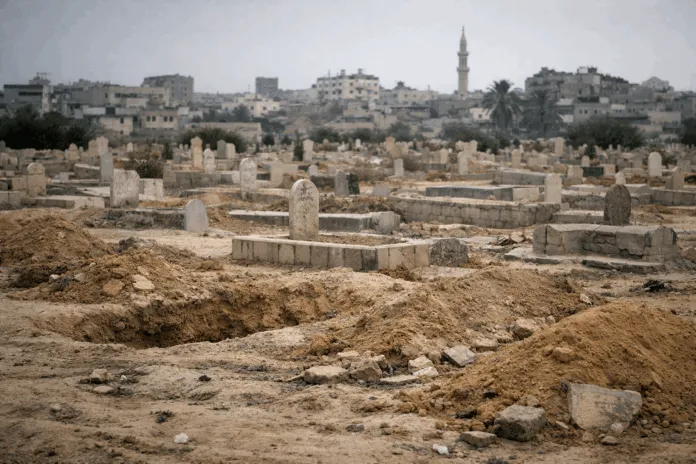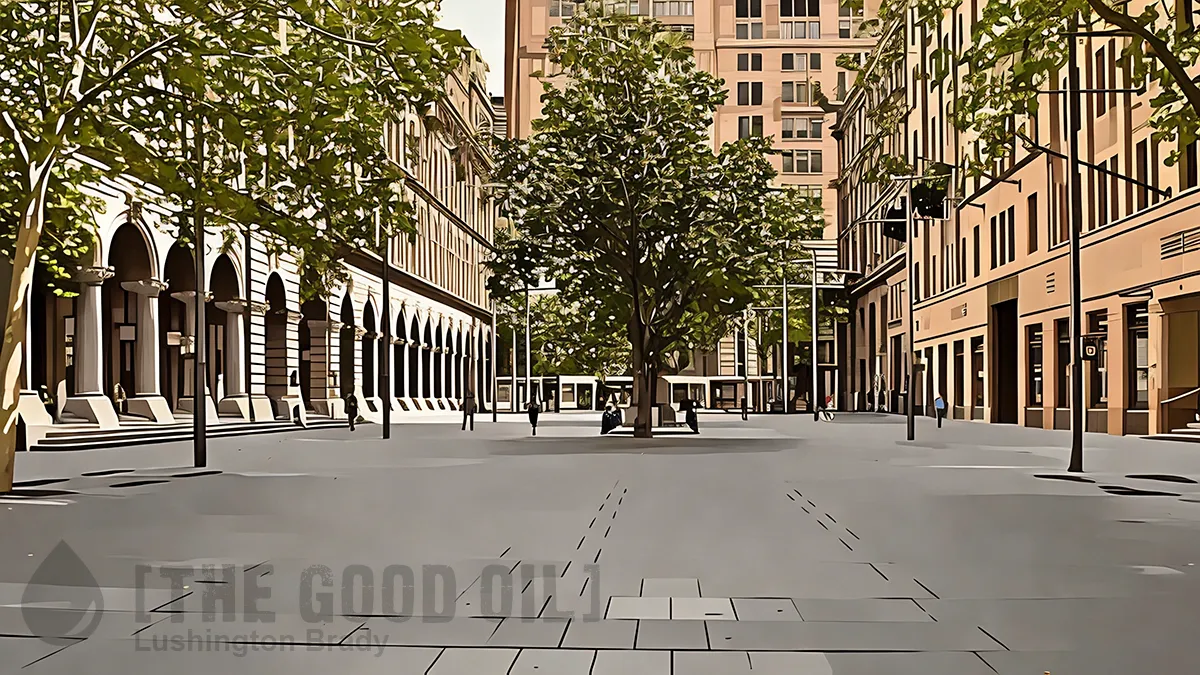Table of Contents
BICOM
BICOM provides accurate, timely and balanced information that is read by officials, experts, journalists and many others.
What’s happened: The International Court of Justice (ICJ) in the Hague yesterday began hearing the case on the “legal consequences” of Israel’s occupation of the West Bank and East Jerusalem.
- In opening remarks, Palestinian Authority (PA) Foreign Minister Riyad Maliki called on the court to “declare that the Israeli occupation is illegal” and accused Israel of presenting Palestinians with the choices of “ethnic cleansing, apartheid, or genocide”.
- The PA has lobbied the UN General Assembly to press for the court to hear the case, and seeks an advisory opinion declaring the occupation illegal and that Israel must end it, dismantle its settlements, and provide restitution to the Palestinians.
- Israel has opted not to present to the court, instead choosing to submit a written argument. It does not accept the ICJ’s jurisdiction over this particular issue, arguing that advisory opinions should not be issued when the essence of the matter is a political and not a legal dispute.
- The Israeli Ministry of Foreign Affairs said “By hurling false accusations and creating a fundamentally distorted reality, the Palestinian Authority is trying to turn a conflict that should be resolved through direct negotiations and without external impositions into a one-sided and improper legal process designed to adopt an extremist and distorted narrative according to which the Palestinians have no responsibilities and Israel has no rights, which has nothing to do with justice.”
- “The Court should refrain from participating in this media circus and determine that the Palestinians should return to the existing legal frameworks in order to resolve the conflict through direct negotiations between the parties.”
Context:The court is hearing this case having already ruled last month that a separate case brought by South Africa accusing Israel of genocide in its war in Gaza should be heard in full. (For more on the background to that case see BICOM’s analysis.)
- In 2022, the United Nations General Assembly requested that the ICJ issue an advisory and non-binding opinion on “Legal Consequences arising from the Policies and Practices of Israel in the Occupied Palestinian Territory, including East Jerusalem”.
- The UNGA resolution calling for this ICJ case referred to numerous aspects of Israel’s control of the West Bank, East Jerusalem, and its policies towards the Gaza Strip. Palestinian freedom of movement, settler violence, and “the disastrous humanitarian situation” in the Gaza Strip were all specifically mentioned as areas of concern. It also calls for Israel to cease “the transfer of its own population into the Occupied Palestinian Territory, including East Jerusalem”, cease settlement activities, lift its blockade on Gaza.
- In 2004, the ICJ issued a similar advisory ruling on the West Bank Security Barrier. While its key findings were that it violated international law, should be dismantled, and that reparations should be made for damages it caused, Israel rejected the ICJ’s position.
- Established by the United Nations Charter in June 1945, the ICJ is the principle judicial organ of the United Nations. Located at the Peace Palace in the Hague, the Court is composed of 15 judges elected for a nine-year term by the UN General Assembly and Security Council.
- The Court has two roles: to settle legal disputes submitted to it by states; and to provide advisory opinions on legal questions referred to it by duly authorised United Nations organs and agencies of the system.
- In contrast to the International Criminal Court (ICC), which deals with criminal prosecution against individuals for war crimes or crimes against humanity, cases dealt with by the ICJ involve states. The ICJ can hear cases brought by any UN member state against any other member state, whether or not they are directly in conflict, when the common interest of the international community is at stake.
- The ICJ’s jurisdiction is based on the mutual consent of the states involved. In last month’s South African case against Israel, this applied as both states are members of the Convention on the Prevention and Punishment of the Crime of Genocide.
Looking ahead: Between 19th-26th February 2024, 52 states and three international organisations will present evidence which is expected to overwhelmingly be against Israel. Oral arguments will last a week, and a judgement is expected several months from now.
- While procedurally separate from the South Africa V Israel case alleging genocide in the Gaza Strip, Israel’s conduct during its current war against Hamas is likely to heavily feature in this coming week’s oral arguments.
- While a judgement would be advisory only – so non-binding and without legal ramifications – one ruling against Israel could nevertheless pose significant reputational and diplomatic challenges for Israel.
Unpacking South Africa vs Israel at the ICJ
The 17 justices of the International Court of Justice at The Hague handed down their ruling on South Africa’s request for the court to issue a temporary injunction on its allegation that Israel is committing genocide in the Gaza Strip.
Download BICOM’s briefing here
The West Bank in the Shadow of October 7
This BICOM research paper identifies dangerous trends in the West Bank, and maps Israel’s challenges in this arena in the post-October 7 context.
Download BICOM’s briefing here.
PODCAST
Episode 227 | US Middle East Policy
In this episode, Jack Omer-Jackaman speaks to Jonathan Paris about the latest US thinking on Israel’s war in Gaza and its regional implications. They discuss the US position on a potential operation in Rafah, President Biden’s push for a two-state solution, and the likely impact of Middle East policy on the next US election. Paris is a London-based analyst, a former Middle East Fellow at the Council on Foreign Relations, and an advisor to the Chertoff Group in Washington.Listen on Apple Podcasts, Spotify and Google Podcasts









